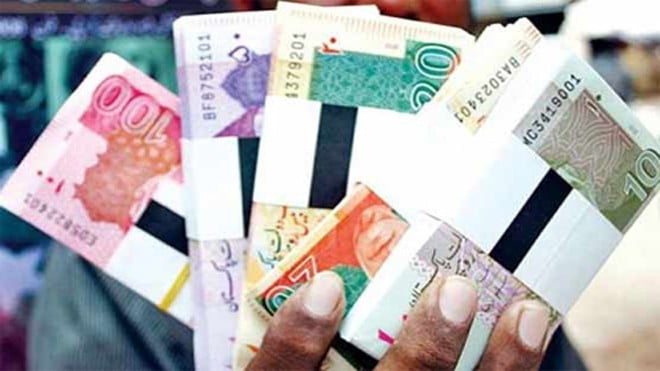
In this Punjab-centric political milieu, the interest of both the federal and Punjab governments will be to try and reverse the gains made in the 2009 NFC award

The forthcoming NFC award will be an important benchmark to gauge Pakistan’s progress or otherwise towards substantive federalism. The Pakistani version of substantive federalism, in an economic sense, essentially entails more resources and powers to the provinces viz. the Centre.
As such, provinces, especially the smaller provinces, will seek to further improve their share of resources from the Centre in the forthcoming NFC award. The Centre, and to some extent Punjab, will try to limit further devolution of resources and, if possible, reverse the gains made by the smaller provinces in the 2009 NFC award.
This is straightforward strategising that one should expect. Some background is, however, necessary to understand the levels of nuance and complexity that will be added to this simple strategising during the negotiations that will take place for the forthcoming NFC award.
The 2009 NFC award (implemented from the 2010-11 fiscal year) was a landmark in Pakistan’s quest for greater federalism. Before the 2009 Award, vertical distribution of resources (between provinces and the Centre) was always in the favour of the Centre. The 2009 award increased the share of the provinces substantively from 47 per cent to 57 per cent of divisible pool resources.
The greater gain made in 2009 was, however, at the level of horizontal distribution. For the first time, Punjab had to concede population as the sole criterion of distribution across provinces and accommodate poverty and population density amongst criteria for horizontal distribution.
Though population still remained the dominant criterion (83 per cent of resource distribution was to be done based on that), the door had been opened for the first time to include criteria that favoured smaller provinces.
The 2009 NFC award, however, only consolidated the gains made towards federalism through the 18th Constitutional amendment. Not only did the 18th amendment remove the Concurrent List, it also stipulated that the vertical distribution of resources arrived at in the 2009 award cannot be reversed in favour of the Centre. The 18th amendment also gave half ownership to provinces in all natural resources that were hitherto owned exclusively by the Centre.
The political milieu in which the 2009 NFC award and the 18th amendment to the constitution was arrived at was the outcome of the 2008 election. The political configuration in that period was arguably very different from those that prevailed before or subsequently since the 2013 elections. Then, the federal government and governments in the three smaller provinces were different from those who governed the Punjab.
Because the Centre is seen as an extension of the Punjab in an economic sense, a disproportionately large chunk of federal government employment comes from Punjab and its development spending is allocated to Punjab also, the beneficiaries of both these landmark events were from smaller provinces. Post 2013 elections, political alignments are radically different now, with the Punjab and federal governments again aligned under the same banner (in fact, in the same household).
In this Punjab-centric political milieu, the interest of both the federal and Punjab governments will be to try and reverse the gains made in the previous dispensation.
Post 2009 NFC and the 18th amendment, the only option for the Centre was to concentrate on increasing tax revenues to meet its own fiscal needs and obligations. Instead, it has tried to arm twist the provinces to revert their budgetary surpluses for the federal government to meet its fiscal deficit targets.
Since the federal government constitutionally cannot alter vertical distribution in its favour, it will attempt to tamper with underhand methods, such as accessing provincial surpluses and tinkering with the divisible pool formula to revert resources back in its direction.
The Punjab government has started by crying victim of the 2009 Award where it had to concede the sole criterion of population on horizontal distribution and would like to recapture the ground it lost when it had fewer political cards to play.
Rather than aim for further gains from the forthcoming events, the smaller provinces will do well to settle for keeping gains made in the 2009 NFC award intact and not concede ground to the two ‘big brothers.’ If the big brothers are able to recapture the ground they lost in the 2009 award, this will signal a reversal on the path of substantive federalism in the country.